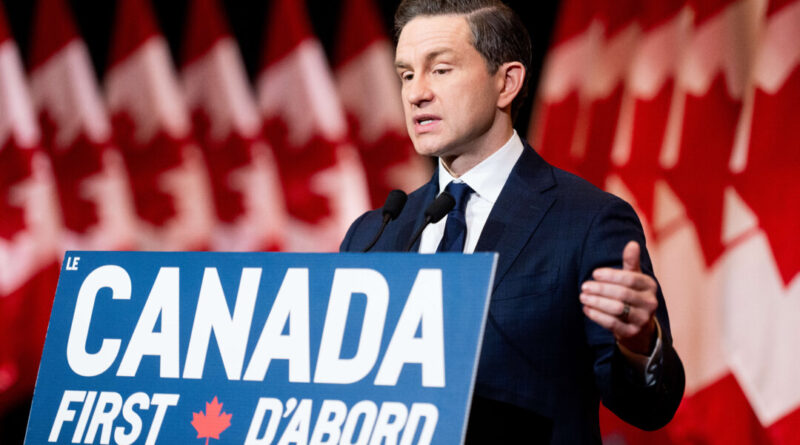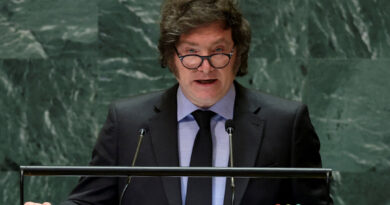Poilievre Vows to Remove GST from Cars Made in Canada During US Trade Conflict
Conservative Leader Pierre Poilievre promised to support the Canadian auto industry in response to U.S. tariffs by eliminating the GST on cars made in Canada and setting up a fund to aid affected businesses.
Poilievre announced on April 3 that the GST exemption would stay in place while U.S. tariffs are enforced, and he urged provincial leaders to waive their sales tax on new vehicles as well.
“By saving Canadian families money, we can boost demand for Canadian-made cars and protect more jobs,” Poilievre stated at an event in Kingston, Ont.
He also mentioned that consumers could potentially see a price decrease of up to $7,000 on a $50,000 vehicle if both federal and provincial sales taxes are temporarily suspended.
The Canadian and American auto industries have deep integration, with parts crossing borders multiple times before a vehicle is completed.
Although only a few car models are manufactured in Canada, some popular ones include the Toyota RAV-4, Honda Civic, Honda CR-V, Chevy Silverado, Chrysler Pacifica, and Dodge Charger.
In addition to proposing the elimination of the GST on new vehicle sales, Poilievre also plans to launch a $3 billion “Keep Canadians Working Fund” to aid businesses impacted by tariffs through credit lines and low-interest loans to sustain operations and prevent job losses.
Prime Minister Carney declared on April 3 that Canada would match the U.S. tariffs by imposing a 25 percent duty on vehicles imported from the United States. These tariffs apply to vehicles not meeting the USMCA agreement and to the non-Canadian components in USMCA-compliant vehicles.
President Donald Trump recently unveiled a plan for reciprocal tariffs on global trading partners, where Canada was exempt due to existing tariffs related to border security concerns. Carney stated that the era of global trade centered on the United States, which Canada has relied on since World War II, is now over.
Furthermore, Canada is affected by the universal 25 percent U.S. tariffs on steel and aluminum.
Both Carney and Poilievre intend to initiate extensive trade renegotiations with Trump following the election.





